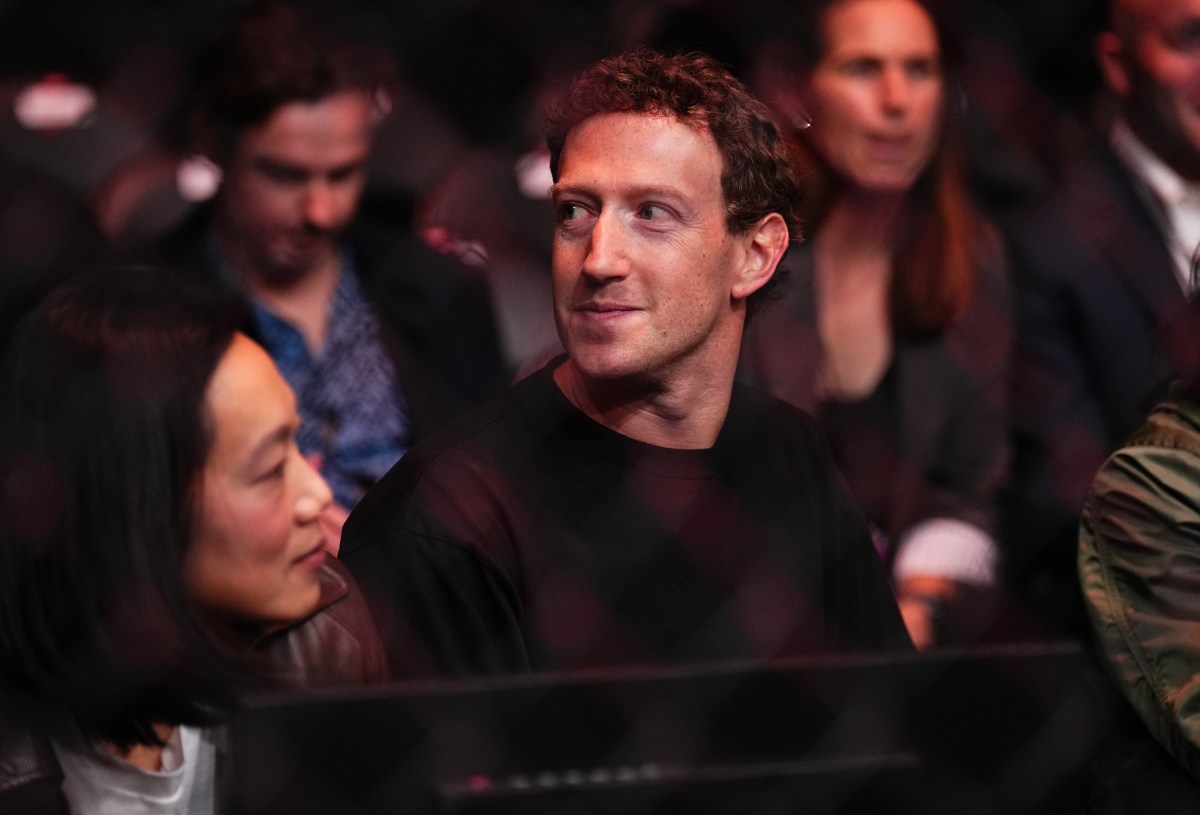Mark Zuckerberg gave Meta’s Llama team the OK to train on copyrighted works, filing claims

Counsel for plaintiffs in a copyright lawsuit filed against Meta allege that Meta CEO Mark Zuckerberg gave the green light to the team behind the company’s Llama AI models to use a data set of pirated ebooks and articles for training.
The case, Kadrey v. Meta, is one of many against tech giants developing AI that accuse the companies of training models on copyrighted works without permission. For the most part, defendants like Meta have asserted that they’re shielded by fair use, the U.S. legal doctrine that allows for the use of copyrighted works to make something new as long as it’s sufficiently transformative. Many creators reject that argument.
In newly unredacted documents filed with the U.S. District Court for the Northern District of California late Wednesday, plaintiffs in Kadrey v. Meta, who include bestselling authors Sarah Silverman and Ta-Nehisi Coates, recount Meta’s testimony from late last year, during which it was revealed that Zuckerberg approved Meta’s use of a data set called LibGen for Llama-related training.
LibGen, which describes itself as a “links aggregator,” provides access to copyrighted works from publishers including Cengage Learning, Macmillan Learning, McGraw Hill, and Pearson Education. LibGen has been sued a number of times, ordered to shut down, and fined tens of millions of dollars for copyright infringement.
According to Meta’s testimony, as relayed by plaintiffs’ counsel, Zuckerberg cleared the use of LibGen to train at least one of Meta’s Llama models despite concerns within Meta’s AI exec team and others at the company. The filing quotes Meta employees as referring to LibGen as a “data set we know to be pirated,” and flagging that its use “may undermine [Meta’s] negotiating position with regulators.”
The filing also cites a memo to Meta AI decision-makers noting that after “escalation to MZ,” Meta’s AI team “[was] approved to use LibGen.” (MZ, here, is rather obvious shorthand for “Mark Zuckerberg.”)
The details seemingly line up with reporting from The New York Times last April, which suggested that Meta cut corners to gather data for its AI. At one point, Meta was hiring contractors in Africa to aggregate summaries of books and considering buying the publisher Simon & Schuster, according to the Times. But the company’s execs determined that it would take too long to negotiate licenses and reasoned that fair use was a solid defense.
The filing Wednesday contains new accusations, like that Meta might’ve tried to conceal its alleged infringement by stripping the LibGen data of attribution.
According to plaintiffs’ counsel, Meta engineer Nikolay Bashlykov, who works on the Llama research team, wrote a script to remove copyright info, including the word “copyright” and “acknowledgments,” from ebooks in LibGen. Separately, Meta allegedly stripped copyright markers from science journal articles and “source metadata” in the training data it used for Llama.
“This discovery suggests that Meta strips [copyright information] not just for training purposes,” the filing reads, “but also to conceal its copyright infringement, because stripping copyrighted works … prevents Llama from outputting copyright information that might alert Llama users and the public to Meta’s infringement.”
According to the latest filing, Meta also revealed during depositions that it torrented LibGen, a move that gave some Meta research engineers pause. Torrenting, a way of distributing files across the web, requires that torrenters simultaneously “seed,” or upload, the files they’re trying to obtain.
Plaintiffs’ counsel alleges that Meta effectively engaged in another form of copyright infringement by torrenting LibGen and thus helping to spread its contents. Meta also tried to conceal its activities, counsel alleges, by minimizing the number of files it uploaded.
According to the filing, Meta’s head of generative AI, Ahmad Ah-Dahle, “cleared the path” for torrenting LibGen — brushing aside Bashlykov’s reservations that doing so “could be legally not OK.”
“Had Meta bought plaintiffs’ works in a bookstore or borrowed them from a library and trained its Llama models on them without a license, it would have committed copyright infringement,” wrote plaintiffs’ counsel in the filing. “Meta’s decision to bypass lawful methods of acquiring books and become a knowing participant in an illegal torrenting network … serves as proof of copyright infringement.”
The case against Meta is far from decided. As of now, it only pertains to Meta’s earliest Llama models — not its recent releases. And the court may well decide in Meta’s favor if it’s persuaded by the company’s fair use argument.
But the allegations don’t reflect well on Meta, as the judge presiding over the case, Judge Thomas Hixson, noted in an order on Wednesday rejecting Meta’s request to redact large portions of the filing.
“It is clear that Meta’s sealing request is not designed to protect against the disclosure of sensitive business information that competitors could use to their advantage,” Hixson wrote. “Rather, it is designed to avoid negative publicity.”
We’ve reached out to Meta for comment and will update this piece if we hear back.



